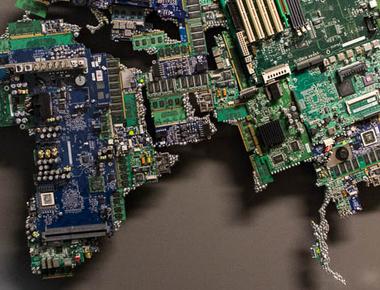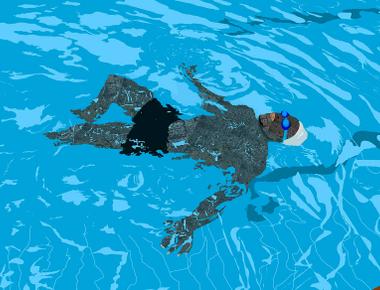
Africa's First 3d Printed Home built in just 12 Hours.

Let me set out a scenario for you all. Imagine going on a long weekend trip to Etuna Guesthouse in Ongwediva. As you reverse out of your house, excitedly anticipating your journey, you notice across the street from your house is empty serviceable land with no plots at all. You don’t think much of it and set out on your journey.

A few days later, it’s the end of the week and you make your way back home, satisfied from your amazing time at Etuna’s to discover not one, not two, not three, but eight (Yes… I did the maths!) new homes fully constructed in the empty land across your house.
Sounds crazy right?? I know, but that’s truly the future we might live in with the African revolution of 3d printed housing.
The History of 3d Printing
One of the earliest noted uses of 3d printing was in the architectural industry back in the 1980s, where machines were used to print tabletop scale models. These helped utilize economies of scale as 3d printing these models were much cheaper, compared to the time-intensive man-made replicas that were previously the standard.

Fast forward to 2006 and the University of California unveiled an enormous 3d printer made to literally print buildings in place. To give you an idea of how large it was, the printer worked like a standard desktop printer, however it used a crane to do the printing… yes, I said it, a crane.
14Trees: African 3d contruction company

The company responsible for constructing Africa’s first 3d printed home is called 14 Trees. According to their CrunchBase profile the company was founded in 2016 with the aim of accelerating the provision of affordable housing in Africa.
In regard to their 3d printed home 14Trees released a statement saying,
This is the first 3D printed affordable house in Africa. The walls were printed in less than 12 hours and this house emits 70% less CO2 than conventional burnt brick houses.

In a press release the company stated that it has operations in Malawi and Kenya. They have the ability to 3d print a house in just 12 hours at a cost of N$148 400 (10 000 USD).
The company’s first ever 3d printed affordable housing was built in Lilongwe, the capital city of Malawi. They also recently built a 3d printed school which took a significantly shorter time to construct as opposed to the traditional length it would take to construct a school.

The MD of CDC Group (Holding company of 14Trees), Tenbite Ermias, was quoted stating that, “The rollout of 14Trees’ world-class, cutting-edge technology is going to have a tremendous developmental impact on Malawi and the wider region.”
Solving an African crisis
Much of Africa has been experiencing rapid urbanization with everyday around 40 000 people moving to one of Africa’s cities. This has caused a crisis as there is currently not enough housing stock to go around.

The company aims to tackle this crisis and hopefully solve the issue of housing that is a constant concern in Africa. One may argue that the price of the 3d housing is still quite steep to anyone living below the middleclass, but the keynote here is that 14Trees are doing good work.
Hopefully the formation of 14Trees will trigger the rise of many other companies in the 3d construction space and these organizations will aid in transforming the severely depleted housing market in Africa.
Share
Related Posts






Quick Links
Legal Stuff

